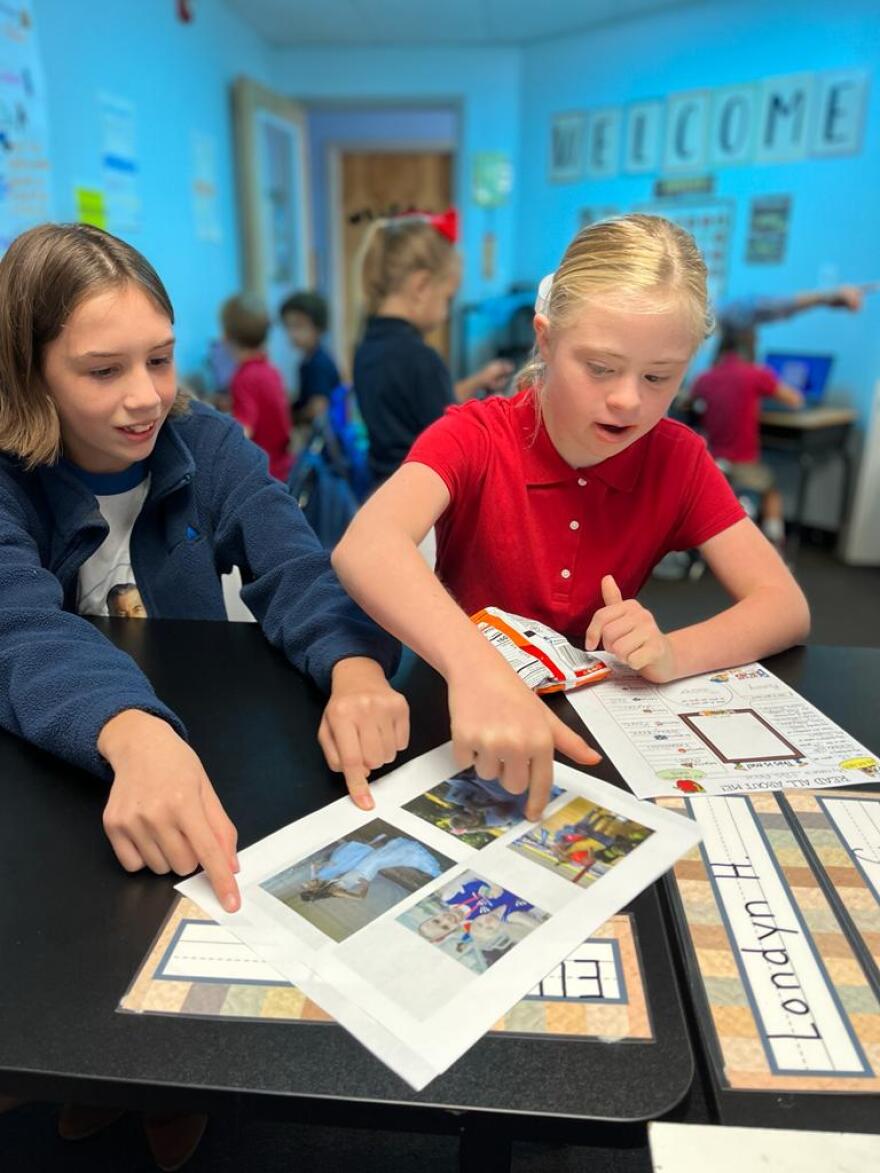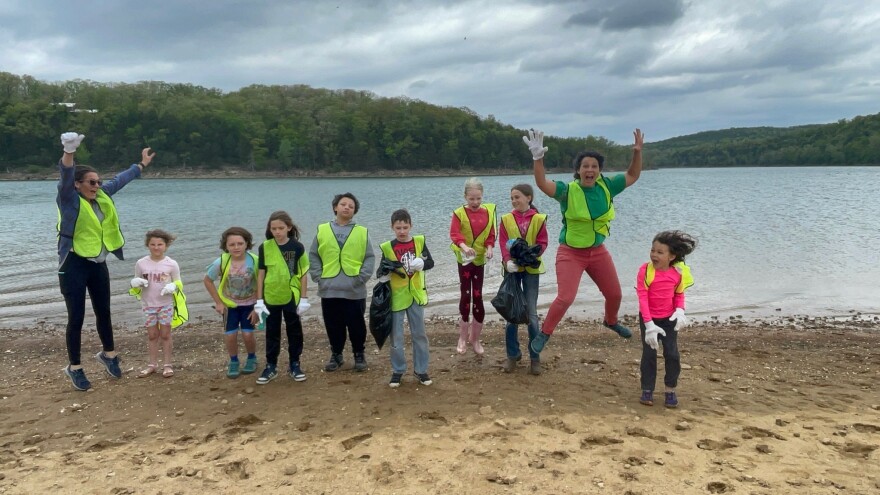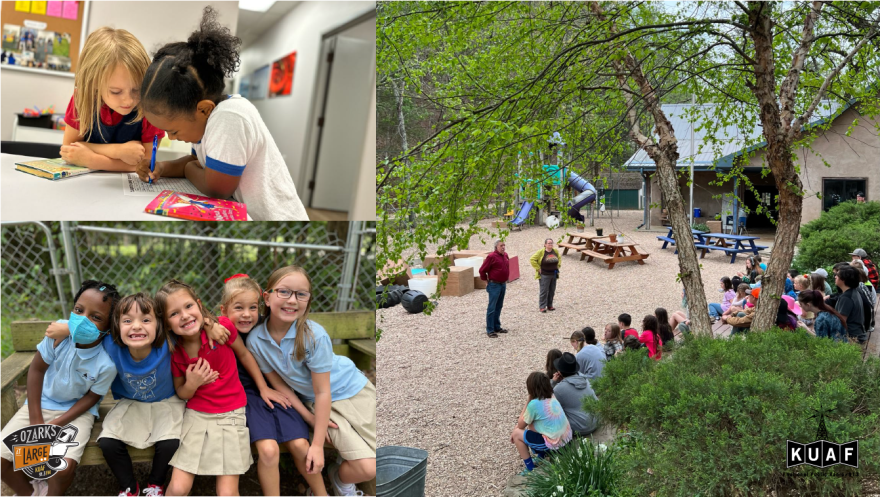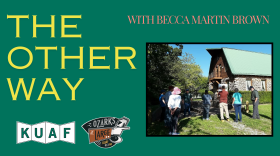Arkansas Governor Sarah Huckabee Sanders’ cornerstone piece of education legislation is the LEARNS Act. The law is expansive, but one element of this law includes the ability for charter, private, independent, and other non-traditional schools to access foundational funding traditionally set aside for public schools. Sixty schools across the state of Arkansas so far have applied to accept vouchers as part of the implantation of the LEARNS Act.
The LEARNS Act calls these vouchers Education Freedom Accounts. According to the Arkansas Department of Education’s website, these vouchers may be used by eligible families to cover private school tuition, fees, uniforms, and some other required expenses. These vouchers will provide funding up to 90% of the State’s prior year per-student foundation funding amount, around $6,600, beginning this coming school year.
But, in year one—the 2023-24 school year—not every Arkansas student qualifies to use these vouchers just yet. On page 90, line 13, Act 237 lays out that a student with a disability identified under the Individuals with Disabilities Education Act, a student who is considered homeless under the McKinney-Vento Homeless Assistance Act, a foster child, a student who is currently participating or enrolled in the Succeed Scholarship Program, a child of an active-duty military member, a student who was previously enrolled in a public school with an “F” rating, or a student who is enrolling in kindergarten for the first time qualifies this year.
Misty Newcomb is the superintendent of Prism North America, a private Christian school based in Fayetteville. She says in year one, she doesn’t expect they’ll have many students who will be eligible to accept the vouchers.
We were doing enrollment in the spring, and kids have just now been allowed to enroll in this program. I would be very surprised if anyone saw a massive influx of students—unless some kindergarten academy has popped up somewhere, and maybe there has—but not here. So I don't know that we're necessarily going to see a giant increase.Misty Newcomb, Superintendent of Prism North America
Prism opened in 2012 with 10 students as an after-school program in south Fayetteville.
“A bunch of us came from the same church," says Newcomb. "Our kids went to different schools, we were looking for something different than what any of us found in any of those schools. It wasn't a single school philosophy that we didn't like, we really wanted a values based education for our kids, an education that reflected our values. Inside of that, we wanted the students to be very educated about the world they live in.”
Today, the school operates as a Pre-K through 12th grade school. Newcomb says they make it very clear to prospective students and their parents what the goals of the school are.

“Our curriculum is very rigorous," says Newcomb. "We are faith based, there's all these dynamics, and anyone is welcome to enroll. And certainly we have students from faith backgrounds that are not the same as those founding members, but we want them to be comfortable.”
Of the 60 schools that have been approved so far, 53 of them are religious private schools, 52 of those being Christian. One school, Huda Academy in Little Rock, is the only accredited Islamic school in Arkansas. 1 of those 7 secular schools is Clear Spring School, based in Eureka Springs.
Jessica FitzPatrick is the head of school at Clear Spring, and she says that like at Prism, she doesn’t anticipate a high number of students using these vouchers at her school either.
Pretty much it’ll just be our incoming kindergarten students that are eligible. So that’s anywhere from like 6-10 kids.Jessica FitzPatrick, Head of School at Clear Spring
FitzPatrick says she first heard talk of the possibility that school vouchers could become a possibility during Sarah Huckabee Sanders’ campaign, and through her friend group of fellow school administrators, they started to work as a hive mind in a group chat. They collectively asked what information was out there and what are some advantages and drawbacks of school vouchers.
“I’m a total policy nerd, just to be totally honest," says Newcomb. "I love public policy and I have an actual WhatsApp group with friends who do as well. And we were texting each other pictures and screen clips because that was all in the world I wanted to do the night it came out.”
Other than the expectation of a low amount of year one voucher eligible students and the wonky group chats, Newcomb and FitzPatrick and their respective schools are quite different, both in their practice and in their thoughts on education policy.
FitzPatrick says Clear Spring is founded on progressive education theory, a student centered type of schooling that creates curriculum around students as opposed to having predetermined content. Classes are multi-age, meaning that classrooms aren’t broken into grades specifically, and in-person learning, and experiences are critical. Subjects taught include Ozarks history, geology, and a lots of outdoor sciences.

“It’s a core part of our curriculum. It’s project based learning and learning through doing that follows the experiential learning cycle," says FitzPatrick. "They explore and discover and question things, and then they really get into the project. They make something, they do something, they go camping. Then there’s a reflection piece, which is, ‘What did they learn? How did they grow?’ And making a plan for the next study.”
It's evident that Clear Spring’s style of school is very different from a traditional school setting.
It’s kind of funny that we fall under their funding, and I don’t know if that’s intentional on their part or not. We do things very differently, and philosophically as a school, we believe in students as people, not students as products. I want them all to go on and do things, but I don’t know what those things are that they’re going to do. I want them to have all the skills. Some of those skills are math, reading, and academics. But more than that, it’s the ability to take risks and make a plan and work with a group of people and decide what it is they want to do when they grow up.Jessica FitzPatrick
At Prism, students have the option of being fully in-person, fully digital, or hybrid. And as Newcomb says, mission is king there.
“Our mission statement is ‘building a sanctuary for children and families in North America,’" says Newcomb. "What we mean by that is it is faith based, it is values based, and it's explicitly those things. We have a creed at the school— like the Prism creed—about what our goals are for who Prism students will become, because we're wanting to create a safe space for students to think about things and to analyze things. That means that students will have to engage in certain activities. We have a very challenging curriculum.”
One of the concerns that some critics of the LEARNS Act have is that school choice presents as students can choose where they want to attend with this voucher money, but one of the elements of being an independent school or a private school is that the end of the day, the school has the choice of who does and doesn’t attend this school. FitzPatrick says it's a legitimate concern that people may have about that power dynamic.
“The choice goes both ways for us here, and that is different than at a public school. So yeah, I don’t disagree with that criticism.”
Misty Newcomb points out that a version of school choice is happening for more wealthy families in some capacities.
“If you go to certain parts of [Washington] County, or Pulaski County, where you already have a lot of public schools because of the size, there are certainly students who are in a school system and they would prefer to go to another school system and they don't have that choice, even in the public school system."
School choice actually already exists. Right now, it is in the form of zoned housing and residential housing communities and families are able to purchase houses in communities where really strong schools are and so that sort of thing that I think you're talking about, it’s happening, and it's happening in our public school system. At least this provides a pathway for other kids to get out of that.Misty Newcomb
Another concern raised around the voucher program is that parents who wish to take their kid out of a public school and put them into a private school still may not be able to afford a private school option. This feels especially resonant with many of the students who qualify for year one access like those who are homeless or those who have disabilities. Both FitzPatrick and Newcomb point out that the voucher will not cover the full cost of tuition at their schools, but payment plans and scholarships are available.
In year three, which will be the 2025-26 school year, any and all Arkansas students will be eligible to access these vouchers. Newcomb says that by then, she thinks all students applying or attending Prism will be using the voucher program when it's available to them.
"It would be kind of crazy not to take that option, that's my general thought," she says. "I think families are going to want to use this because it is a tremendous help and I think there will be more families who elect to go to private school, because they have access to this.
"By year three, we should start seeing some changes in Arkansas education," Newcomb continues. "Either the public schools will be doing things to essentially market to their families and say, ‘Hey, stick with us. We've got all these programs.’ And the truth be told, they are going to have teachers who are getting paid—in most of the state—much higher than most of the private schools will be able to pay, they are going to have bigger sports programs. Those things take years to build, so those things are all going to still be there and they would have had a running start on that. They've got three years to do whatever they need to do to make their programs look more marketable.”
Unlike Newcomb, FitzPatrick is wary of the idea that public schools need to be marketable.
“We’re way out there in how we do what we do, but there’s a lot of aspects of what we do that can get integrated into public schools," FitzPatrick says. Whether that’s project based learning, or, you know, and we do try to offer programs and support for teachers, too, so that we can do trainings here of how to do outdoor curriculum or how to do project based learning. I’m really about the language floating around. I don’t like the name ‘Educational Freedom Account.’ The school choice argument, when they make that I don’t think it’s helpful, and I don’t think it builds what I would like it to build.
"I am honestly nervous about taking the money," says FitzPatrick. "I’m not going to say I have to, I am [accepting the vouchers] because I know so many of my families need it. But... politically, it’s charged, right? And I worry about… over the last five years sort of that political reaction to things that we do has amplified. And so, I really don’t like that. I mean, obviously. ”
The LEARNS Act is currently scheduled to go into effect on August 1st.








